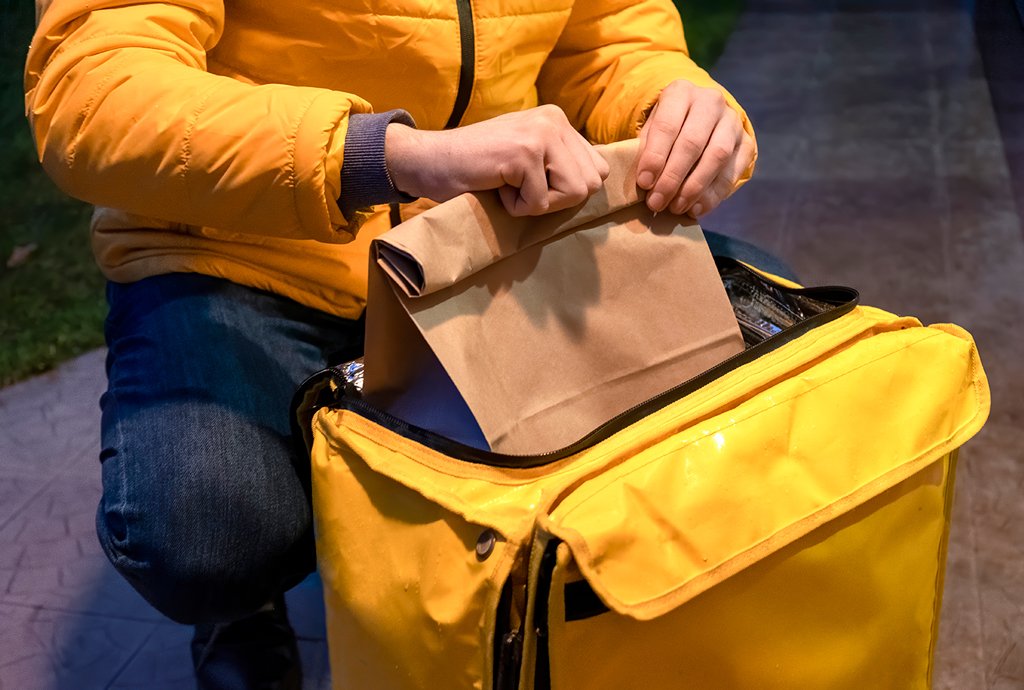
Food Banks Collaborate with DoorDash and Amazon to Reach Those In Need
- foodfightadmin
- September 29, 2022
- Find Food, Food Bank Support
- rsc pages, rscl
- 0 Comments
As the White House initiates a historic summit to address food inequality, tech companies like DoorDash and Amazon are already establishing home delivery services for those in need. The COVID-19 pandemic underscored persistent food insecurity in the U.S., with 10% of households experiencing this problem in 2021, according to a USDA report. Consequently, food banks have leaned heavily on donated services from these tech companies.
The White House Conference on Hunger, Nutrition, and Health, first of its kind since the Nixon administration, aims to eradicate food insecurity in the U.S. within eight years. As part of the conference, DoorDash announced a collaboration with 18 mayors, offering them data on food access needs, funding for delivery, and logistical support through its Project DASH initiative. Similarly, Instacart launched a pilot program in tandem with the Partnership for a Healthier America, providing families in need with a stipend to purchase nutritious food, an Instacart membership, and waived delivery fees.
DoorDash’s Project DASH has evolved significantly, with deliveries increasing from 6,000 in 14 states and D.C. in 2018 to over 1.5 million in 49 states and D.C. this year. Amazon initiated its Community Delivery program in 2020, offering logistical support to food banks and is set to deliver 315,000 food boxes this year.
The Food Bank of Delaware has recognized home delivery service as an essential distribution method, increasing deliveries from approximately 4,300 in fiscal year 2021 to 41,000 in fiscal year 2022. Demand isn’t expected to decrease, as many have to make hard choices between basic necessities such as food and gas. Hunger Free Pennsylvania is also utilizing DoorDash to deliver around 6,000 packages per month to seniors, comprising about 25% of its program.
Minerva Delgado, Director of Coalitions and Advocacy for the Alliance to End Hunger, acknowledged the critical role of delivery services in reaching vulnerable groups such as homebound seniors, parents of young children, or those forced to isolate due to illness.
Despite their positive impact, gig economy businesses like DoorDash have been scrutinized for paying low wages and potentially promoting worker inequality. The surge in demand for home delivery services has prompted questions regarding the sustainability of free services. While DoorDash pays its delivery personnel and covers most of the costs, the company acknowledges the need for partnerships to expand its service.
Looking ahead, food advocacy organizations are preparing for next year’s farm bill, hoping for eased regulations to facilitate home delivery services. The Alliance is also considering seeking government funding for the work, recognizing the potential to serve an underserved population and ensure they have the necessary food and nutrition.








